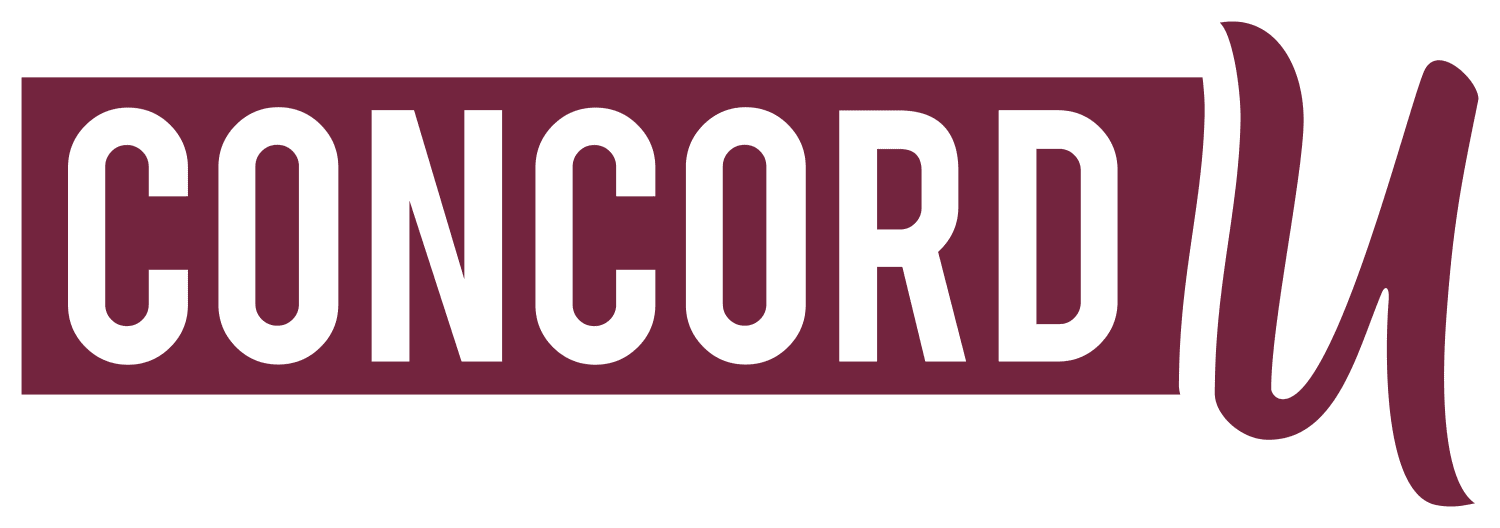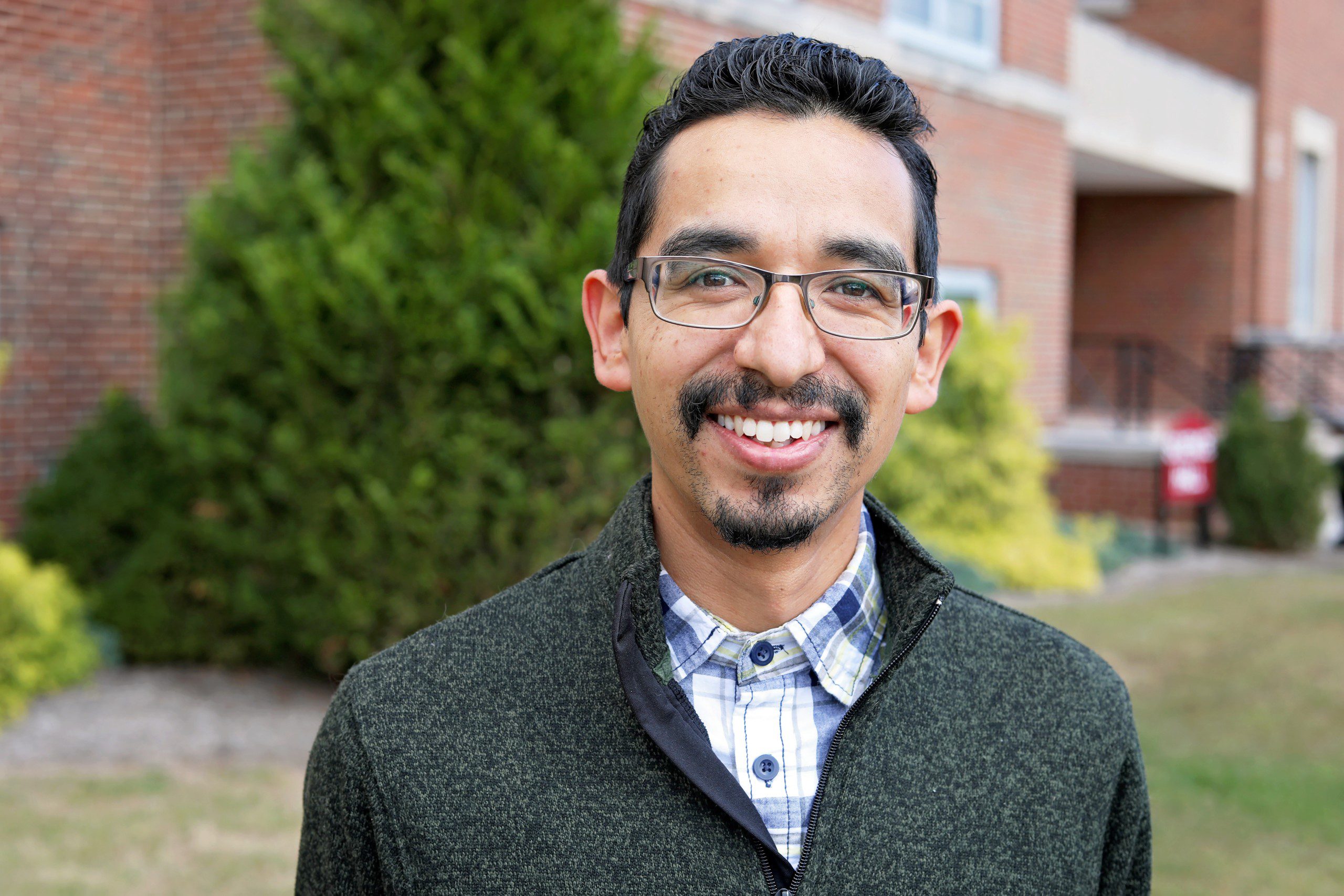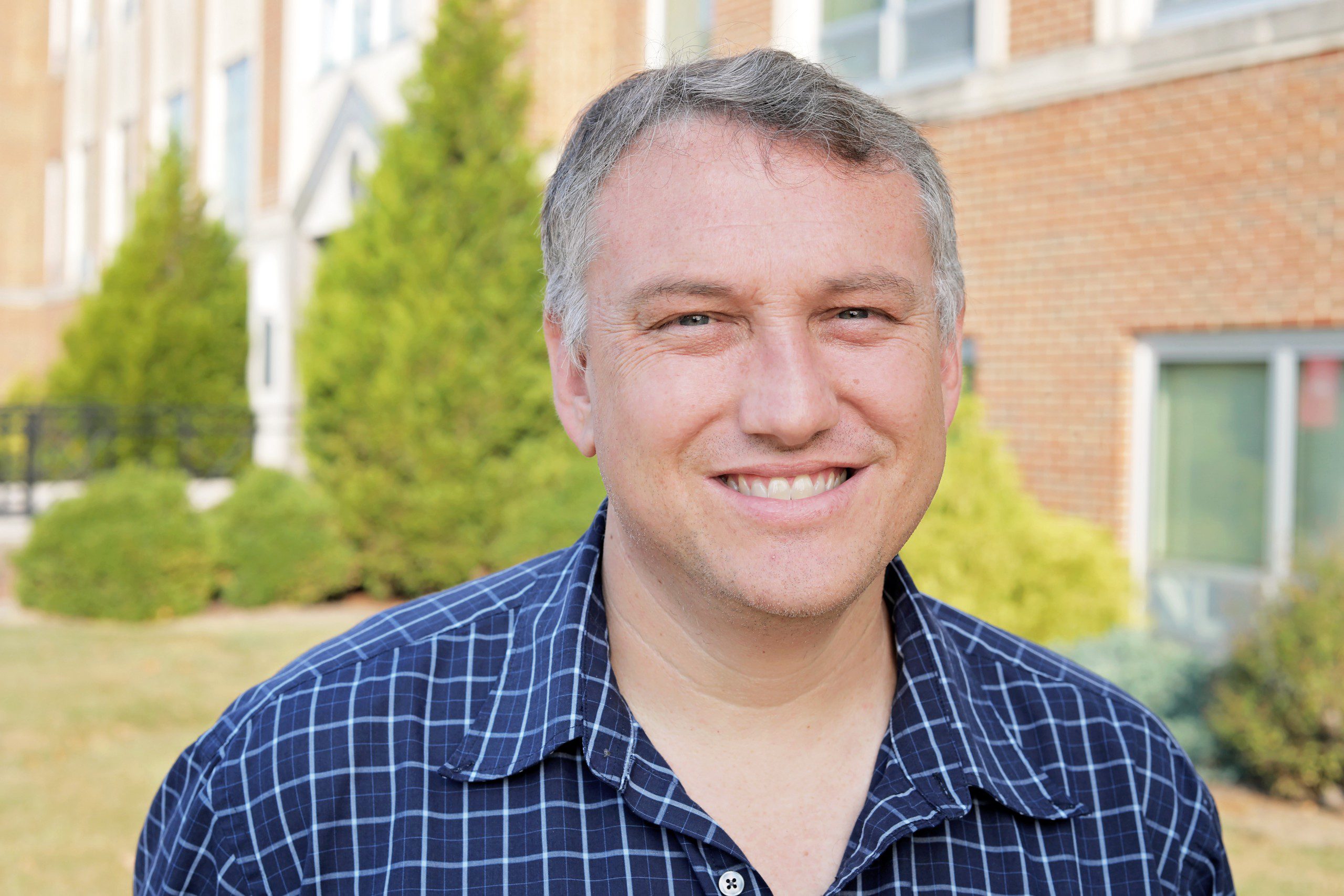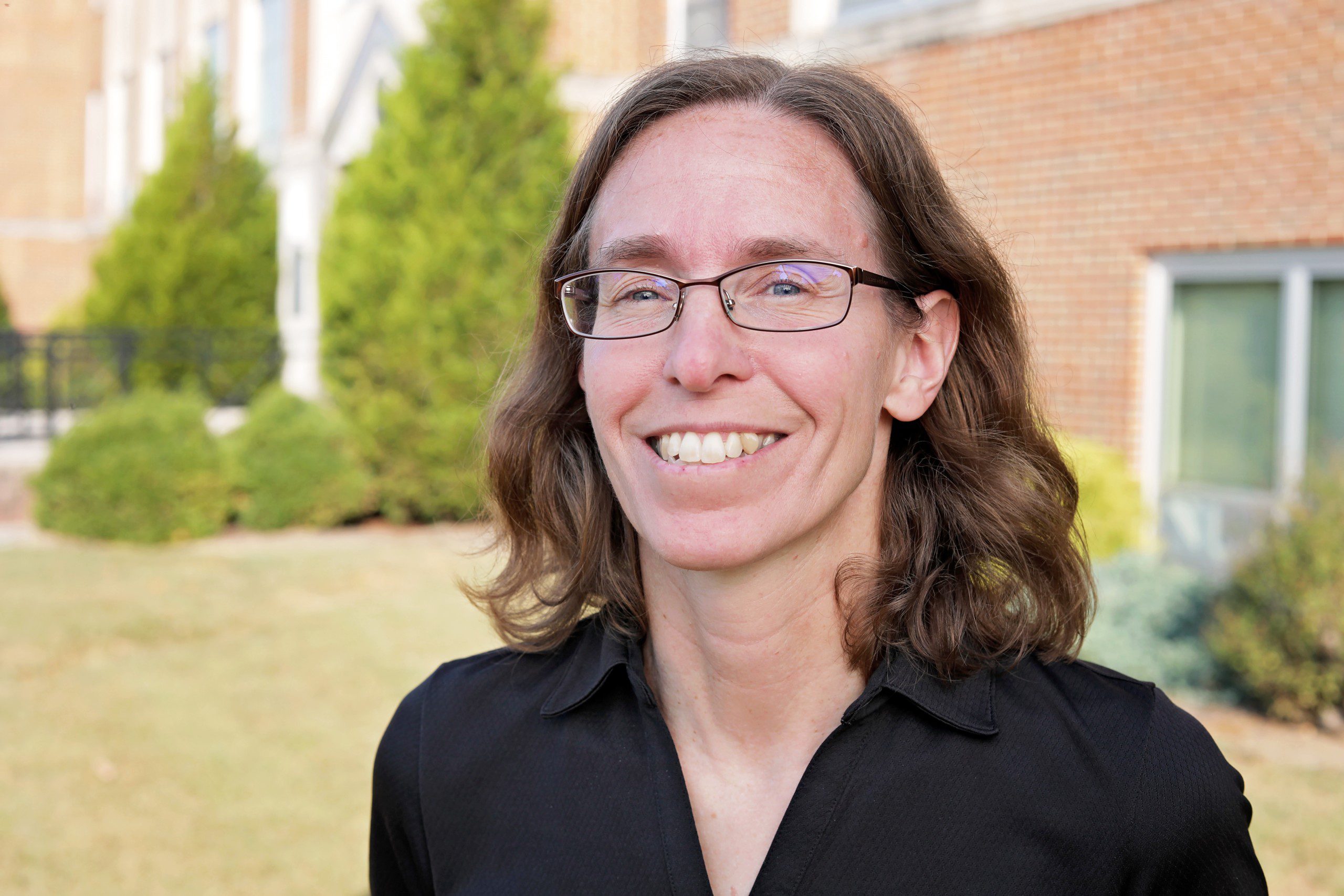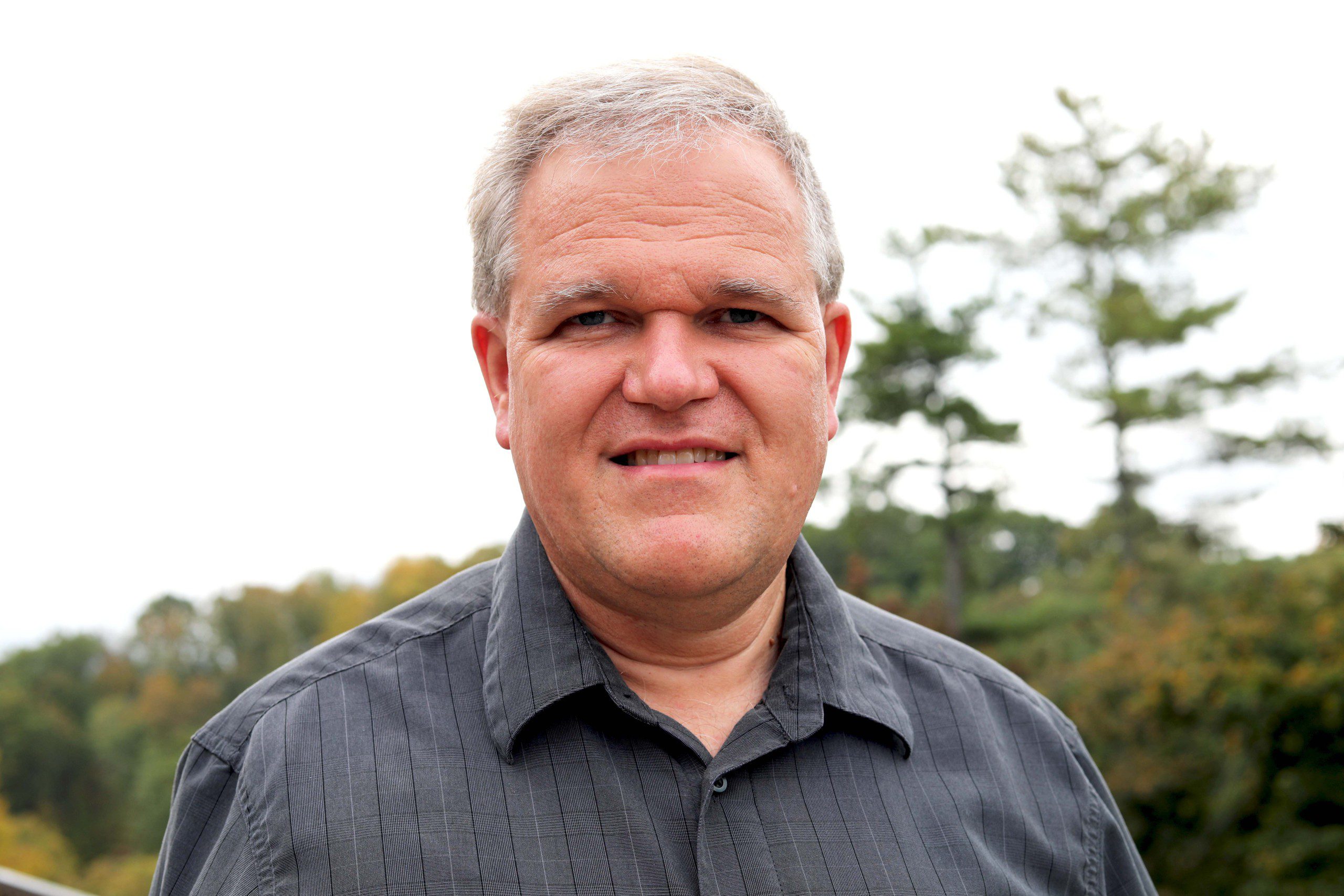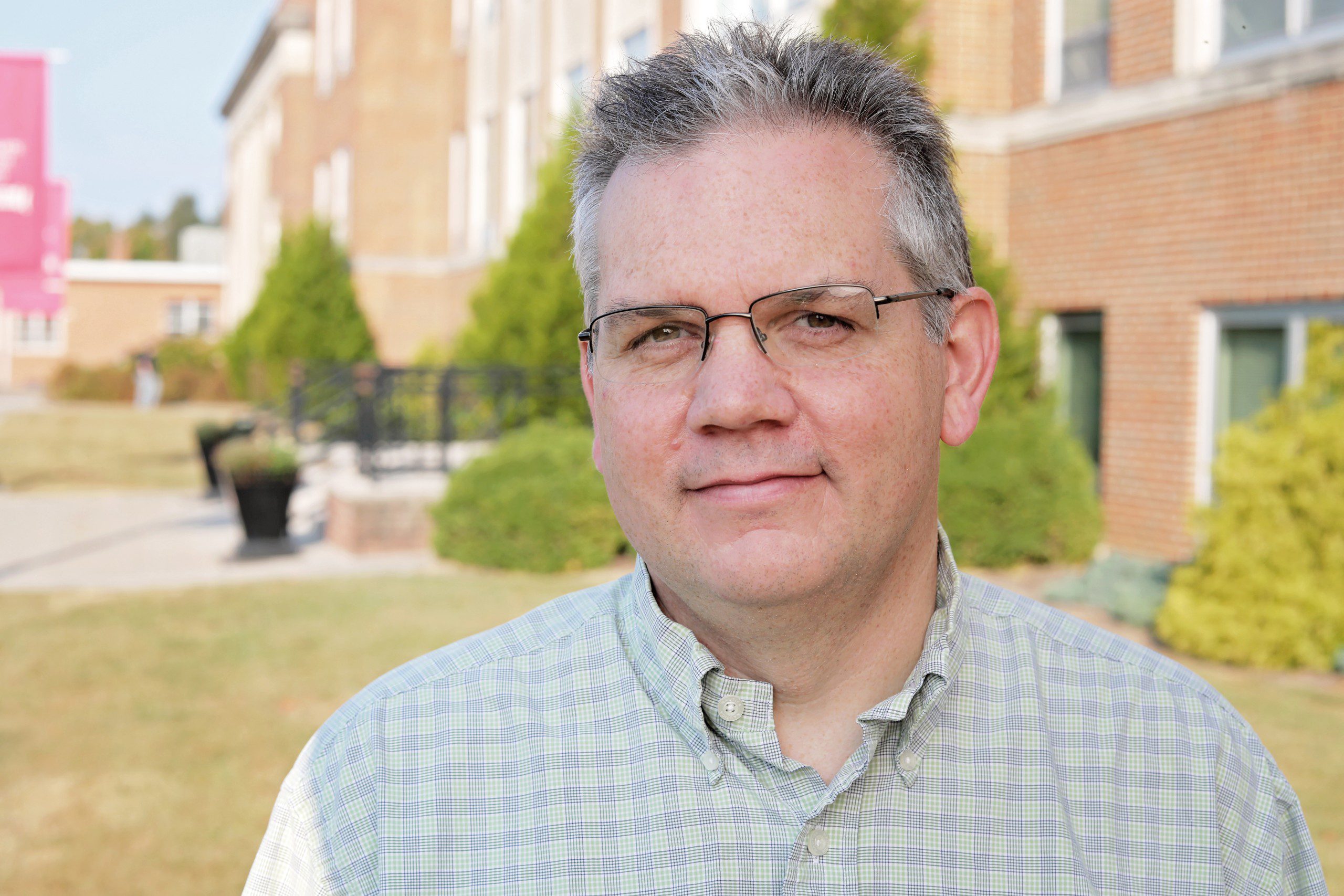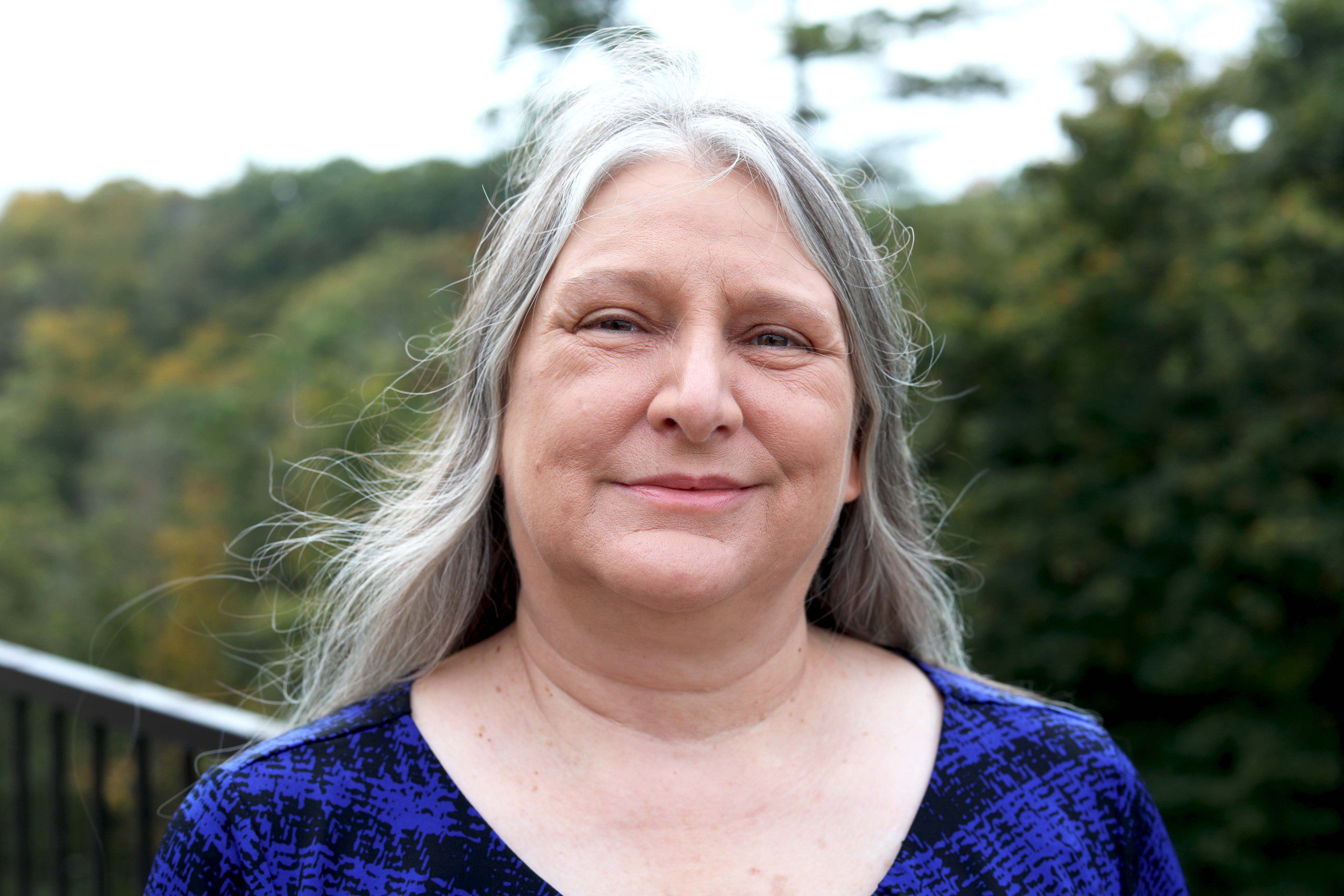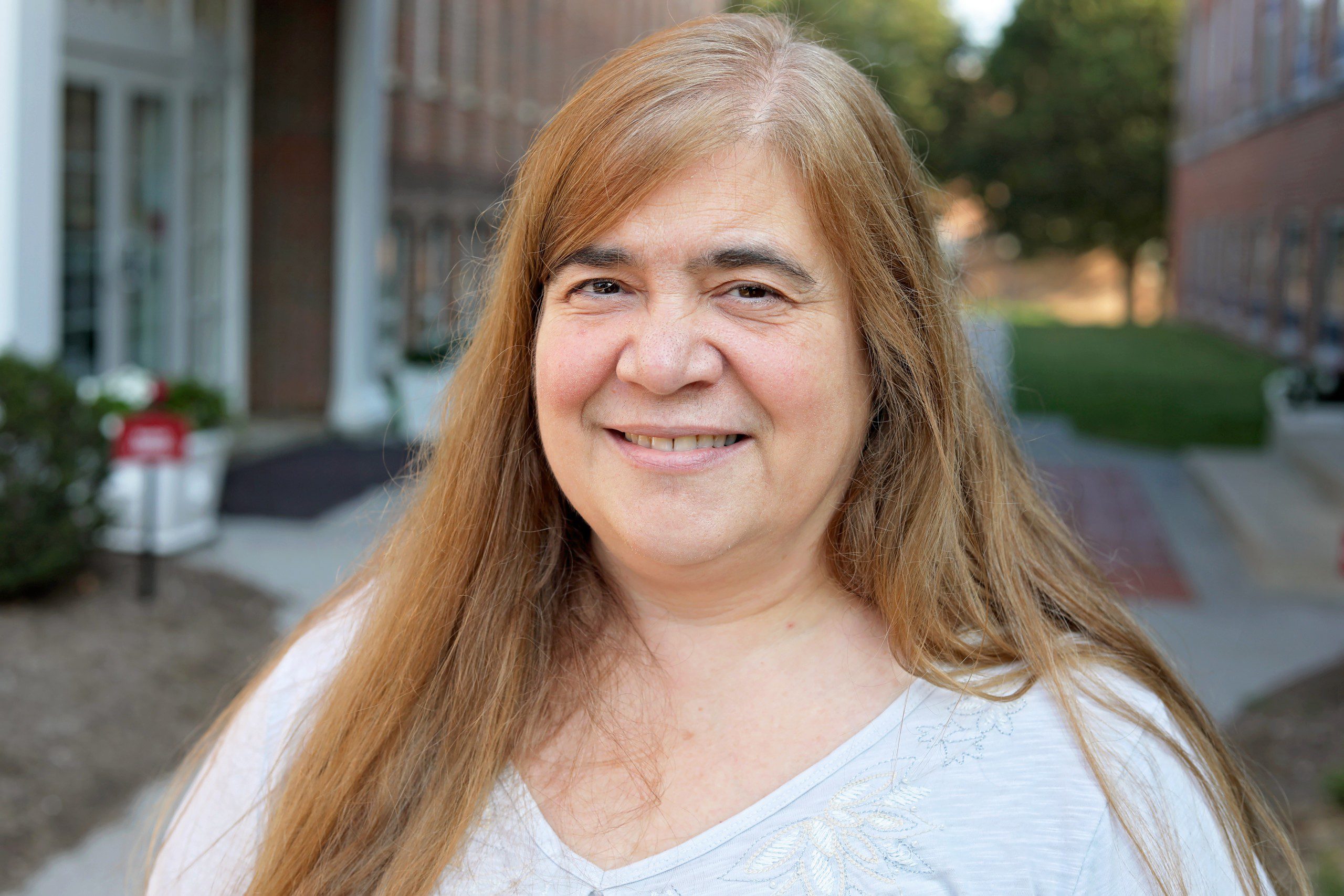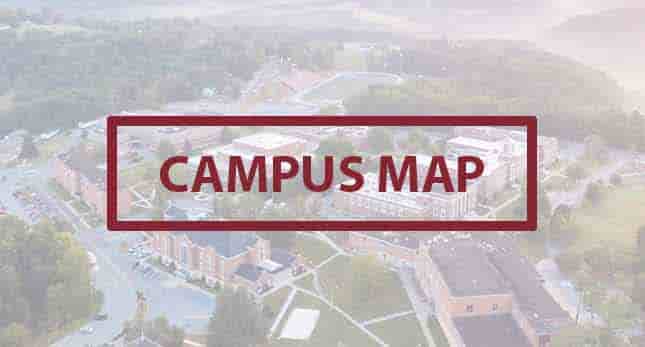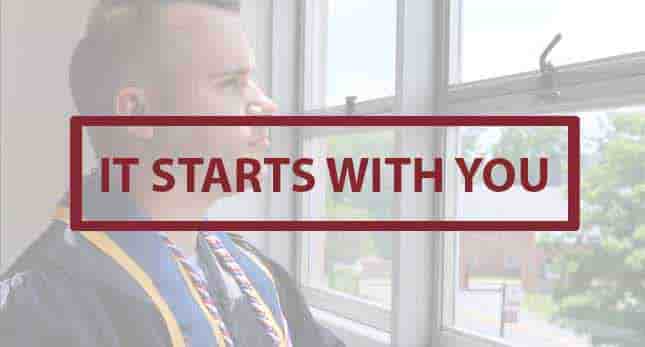Department Of Biology

Our biology program is designed to provide a broad foundation that studies everything ranging from the molecules of life to individual organisms to ecosystems. The interdisciplinary nature of our program applies concepts from chemistry, mathematics, physics, and psychology. We have multiple areas of emphasis to tailor a biology degree to your interests and career goals.
Students with a degree in biology often go on to careers in:
- Health Professions
- Wildlife Biology and Environmental/Conservation Science
- Biological and Medical Research
Highlights of our program:
- Individualized Attention to Help You Succeed
- Accelerated Degree Options
- Pre-Health Advisory Committee
- Research Opportunities
- Successful Graduates
The biology department also offers a minor. Students declaring a minor in biology will learn the basic concepts of biology, including cellular processes, evolution and organism diversity, and interactions between organisms and their environment. These concepts are introduced in the required Foundations of Biology survey courses (BIOL 121 and 122). After completing these foundational courses, students will then select 12 additional credit hours of biology coursework based on their interests and/or career goals.
If you have any questions or would like more information about our biology program, please feel free to contact any of our faculty.
